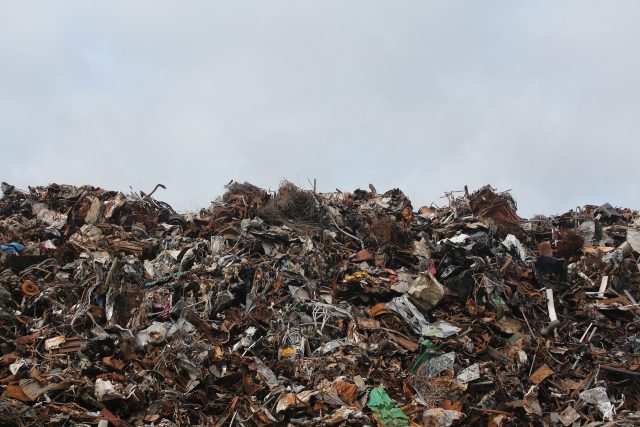
The New Waste Tracking System Will Finally Be Supported by a Real Updated Register of Active Environmental Managers and Could be Essential for the Italian Digital Transition
The waste traceability system, useful for their management and for preventing any environmental crimes, finally has a solid basis on which to develop, as announced during the Ecomondo 2022 green technology expo, held in Rimini and during which, for the twenty-fifth year, there was discussion in relation to the new rules and new systems in the ecological-environmental field.
The Register, which will form the basis for the logistical tracking of waste, will be divided into two parts, one relating to the registry of members with the collection of all environmental authorizations and the other dedicated to traceability where will collected all the information contained in the already existing registers and in the various forms.
The development project of this structure was attended by government and territorial bodies and companies with the common goal of improving the interaction between bodies and companies so as to optimize the management of the waste produced and avoid penalties. The smaller companies, in particular, have been provided with the technical equipment necessary to interact with the forces involved in controlling the waste chain, as well as the notions and training useful for managing the system.
The focal point of the new waste management system will be the complete digitization of the bureaucratic process, starting from the fulfilment of the issues of the transport-related forms, up to the loading and unloading registers. This technological adaptation will not be mandatory for companies and for those not registered in the list, it will still be possible to fulfil all the necessary formalities, on paper.
The electronic control system of waste traceability, called RENTRI, will be aimed at organizations and businesses that process waste, producers of hazardous waste, organizations and businesses that collect or transport hazardous waste or that operate as traders or intermediaries of the same and consortia created for the recovery and recycling of particular types of waste. In this way the waste production chain, with particular attention paid to dangerous or particular ones, will be completely digitized and easily consultable to avoid potential environmental crimes by the companies.
Currently, the phase of perfecting the implementing regulations that will govern all the functioning and the operational and technical activity of the new system is still underway, also through the updating of the register and form models in use up to now. With the use of the new digital procedures and the new registers, the companies and the bodies in charge will be able to communicate through highly efficient operating systems, with operational flexibility and dynamism. During the test phases of the entire system, depending on the size of the companies already involved in the programme, 18 to 30 months will be enough to achieve full operation of the new control process and, in the meantime, the tests for the continuous improvement of the system will proceed.
The expected change, thanks to the new management module, will be epochal and in step with other similar programs in Europe. Another objective of this modernization will be to start all the companies involved towards the ecological transition requested by Brussels and, so far, the response from institutions and companies has been very good with memoranda of understanding signed with 25 associations, over 1700 accredited users and 1300 registers already defined and ready. With similar technology and a good response from all stakeholders, digital transition primacy in Europe could be possible for Italy.
Alessandro Fiorentino



 Subscribe
Subscribe